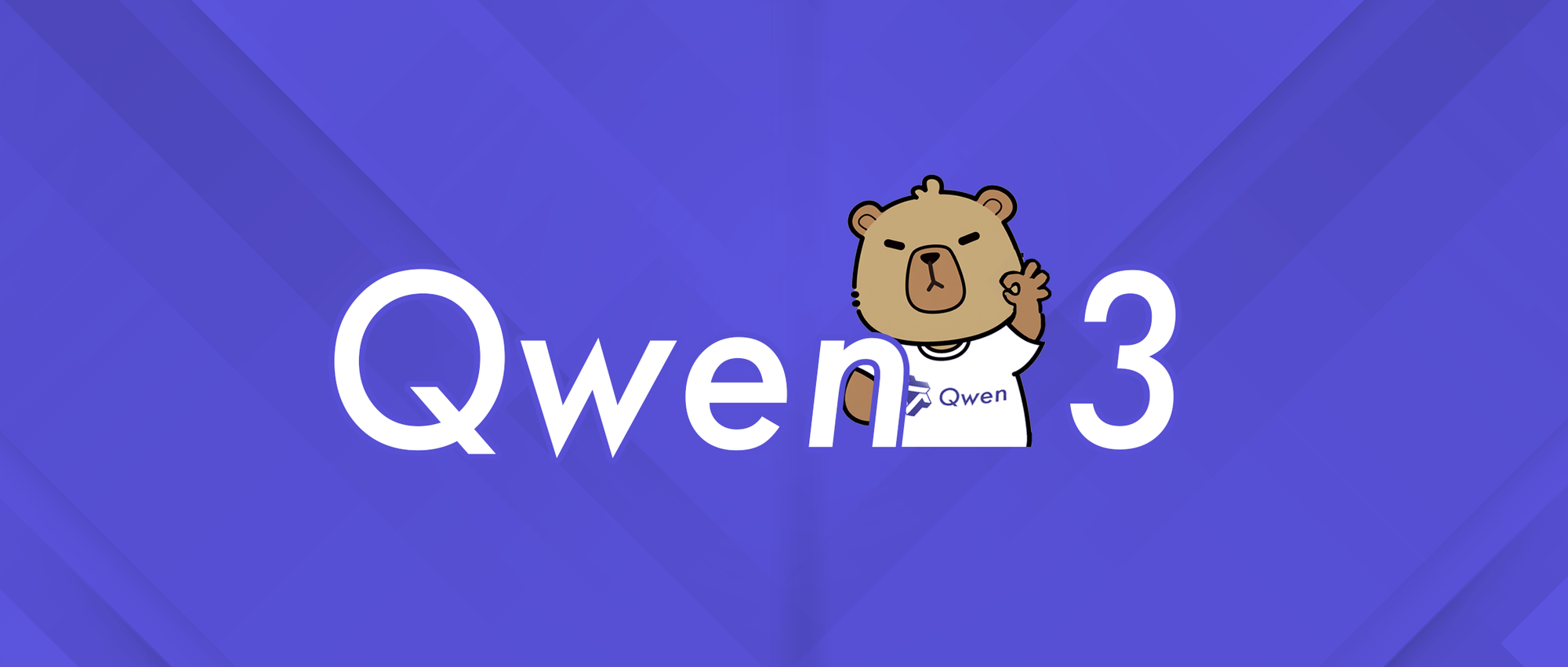BentoML, an organization focused on simplifying the deployment of machine learning models, has recently announced the release of OpenLLM, an open-source platform designed to streamline the deployment and operation of large language models (LLMs) in production environments. OpenLLM empowers organizations to leverage the power of LLMs while addressing common limitations associated with commercial LLM providers.
The world of artificial intelligence is abuzz with excitement as a groundbreaking open-source platform, OpenLLM, enters the scene. OpenLLM aims to revolutionize the deployment and operation of large language models (LLMs) in production environments, empowering organizations to unlock the full potential of these powerful models. With its flexible features and extensive support for open-source LLMs, OpenLLM is set to pave the way for a new era of AI applications.
One of the primary motivations behind the development of OpenLLM is the concern surrounding security risks associated with using commercial LLM solutions. Organizations often deal with sensitive data, including personally identifiable information and corporate secrets, and relying on external providers for LLMs may expose them to significant security vulnerabilities. OpenLLM provides a solution by allowing organizations to deploy LLMs locally, giving them full control over their data and mitigating security risks.
Another limitation of using commercial LLMs is the lack of flexibility in fine-tuning the models to meet specific requirements. Different organizations have unique datasets and use cases, and a one-size-fits-all approach may not be suitable. OpenLLM addresses this challenge by offering the flexibility to fine-tune foundational models, enabling organizations to tailor LLMs to their specific tasks and datasets. This capability empowers organizations to achieve optimal performance and customization while leveraging the power of LLMs.
Cost-effectiveness is another important aspect considered by OpenLLM. Running inference on fundamental LLMs can be a costly process, particularly when dealing with large token sizes. OpenAI, for example, charges based on the number of tokens processed, which can lead to substantial expenses. By deploying open-source LLMs such as Dolly and Flan-T5 through OpenLLM, organizations can significantly reduce operational costs without compromising performance. This cost-effective approach makes LLMs more accessible to a wider range of organizations, promoting innovation and adoption in various industries.
OpenLLM offers a range of key features to enhance the deployment and operation of LLMs. It provides native support for various open-source LLMs and model runtimes, allowing organizations to choose the most suitable option for their needs. Additionally, OpenLLM offers flexible APIs for serving LLMs over RESTful API or gRPC, enabling seamless integration with existing applications and systems. Integration with BentoML and LangChain further expands the capabilities of OpenLLM, allowing organizations to build powerful AI applications by combining LLMs with other models and services.
Getting started with OpenLLM is straightforward, requiring Python 3.8 or later and pip. Users can quickly install OpenLLM and explore the supported open-source LLMs. OpenLLM provides a built-in Python client for easy interaction with the deployed models. Additionally, it supports the creation of deployable artifacts called "bento," which contain all the necessary information, including the model, code, and dependencies, making deployment and sharing of models more streamlined.
As an open-source platform, OpenLLM encourages contributions from the community. BentoML aims to continually enhance OpenLLM's capabilities in terms of quantization, performance, and fine-tuning. With OpenLLM and the broader BentoML ecosystem, organizations can leverage LLMs effectively, enabling them to compete and succeed in the rapidly evolving field of AI applications.






Comments